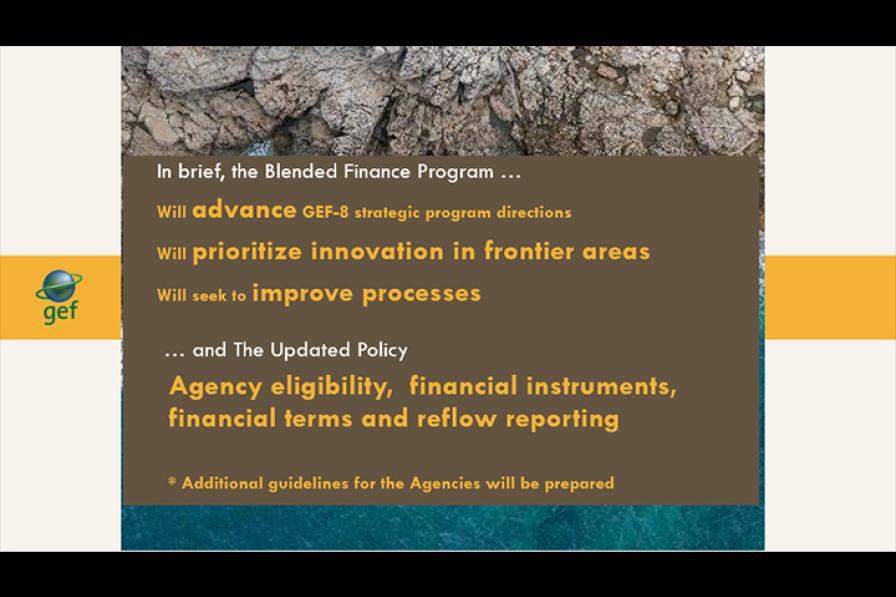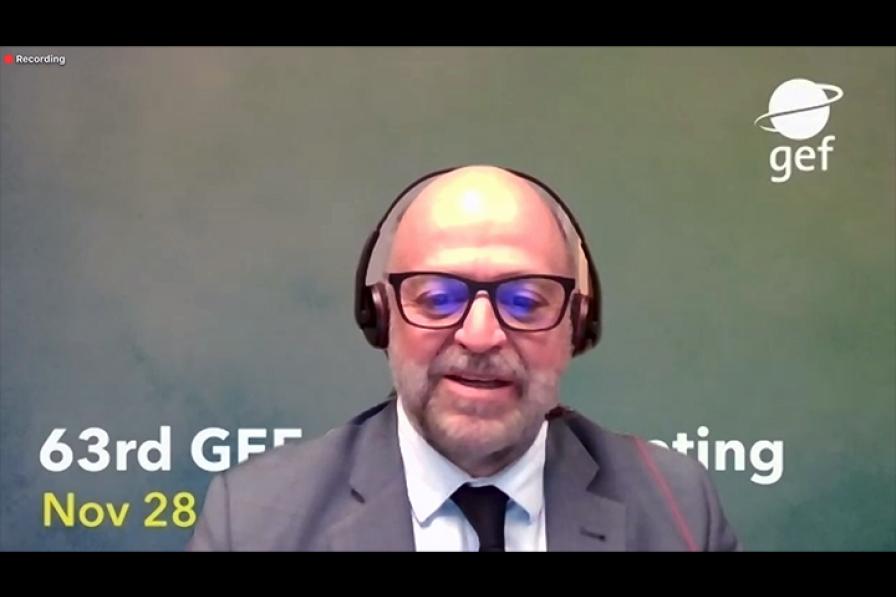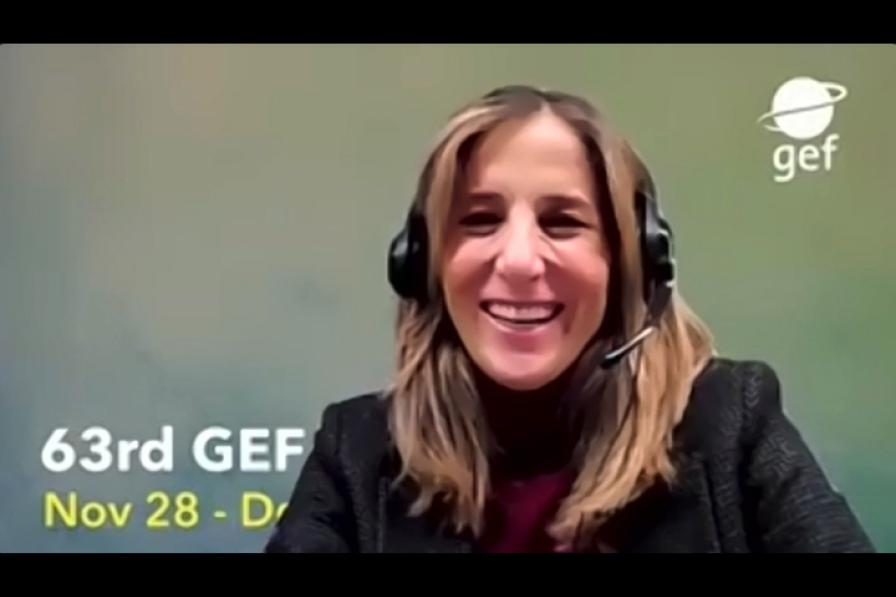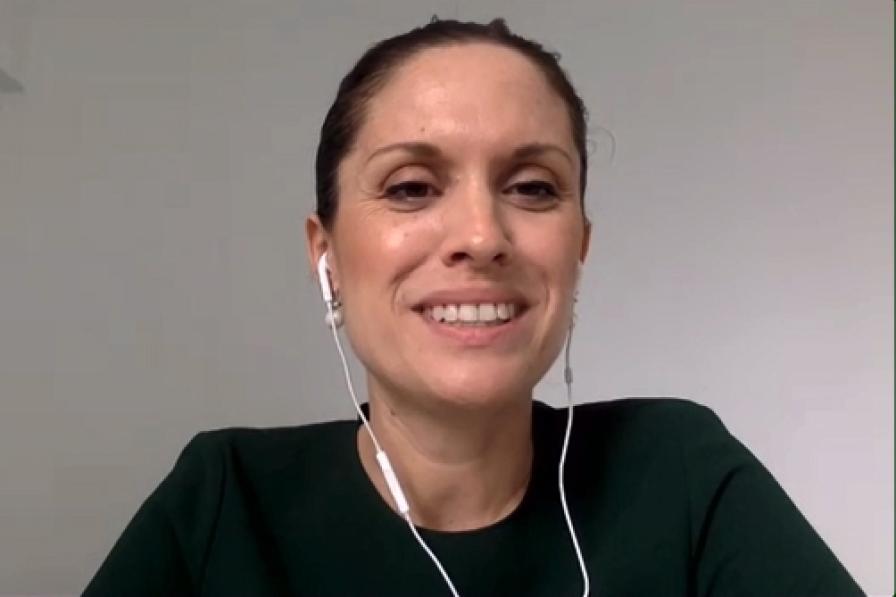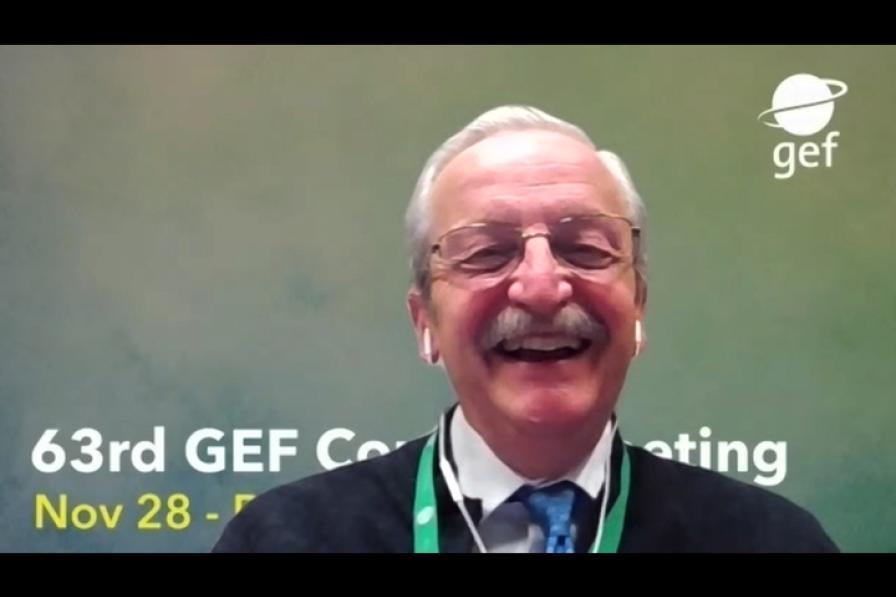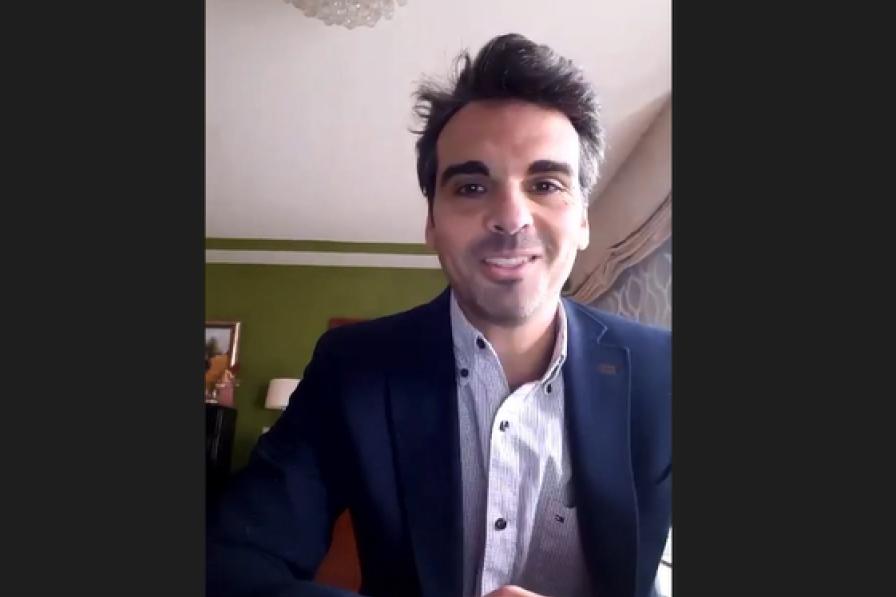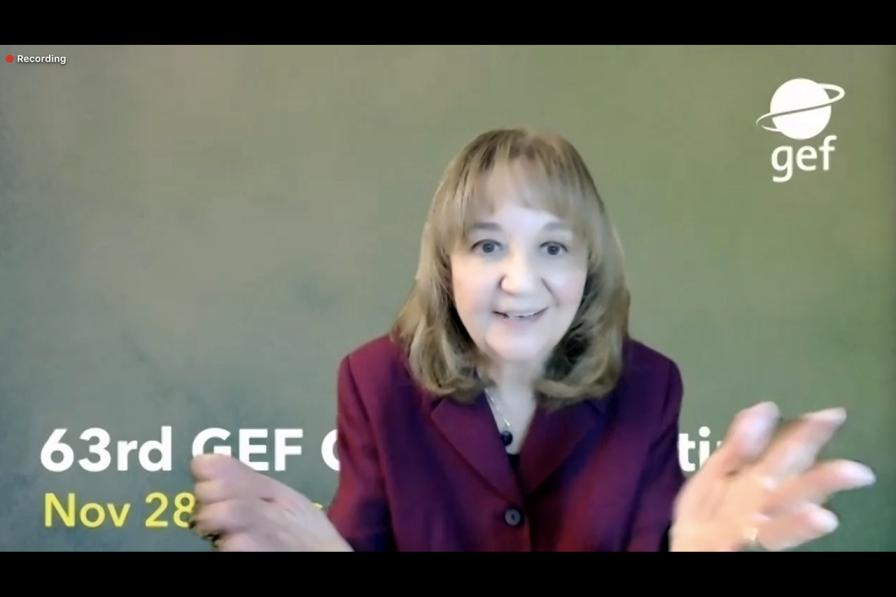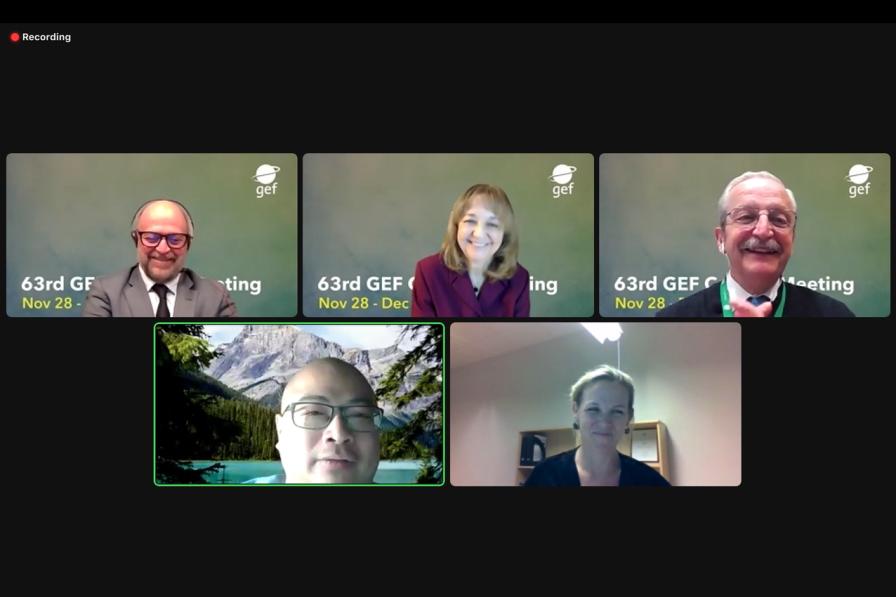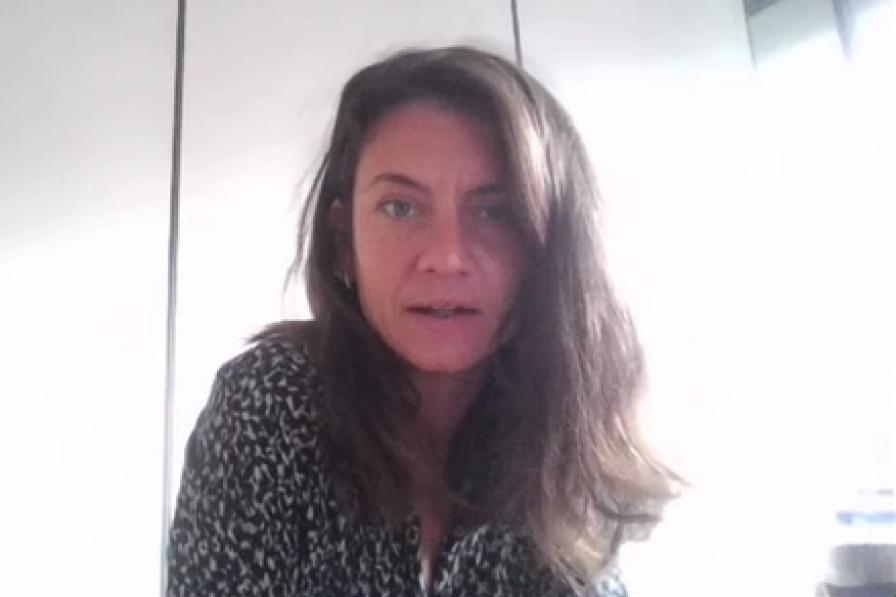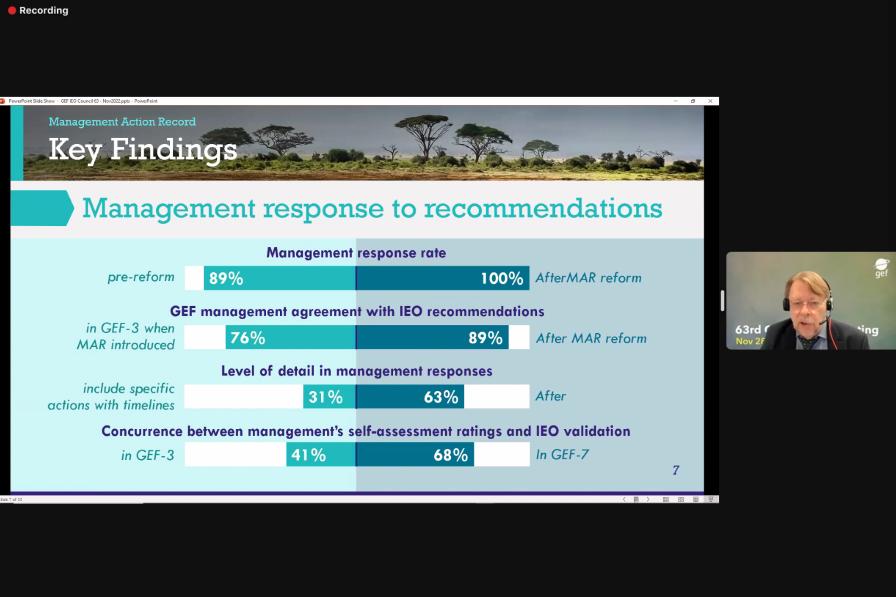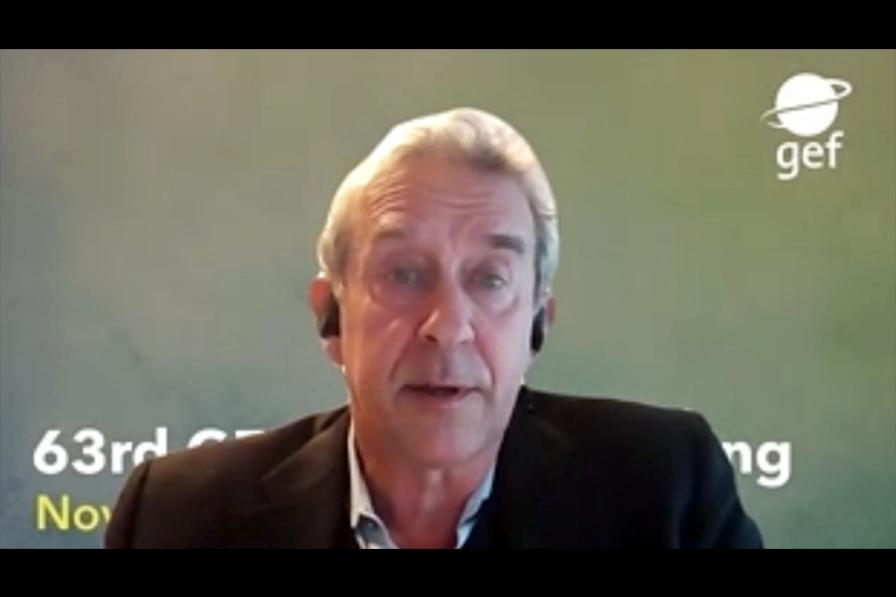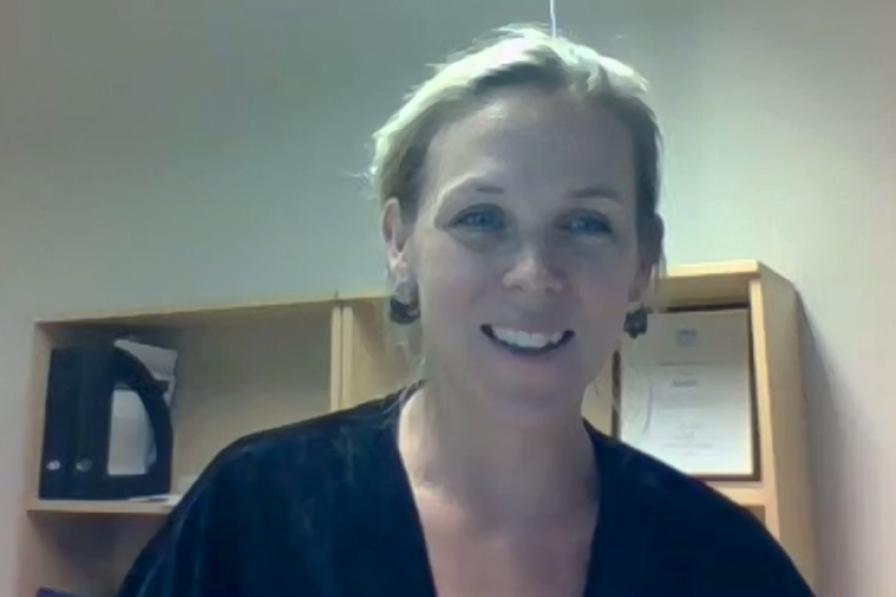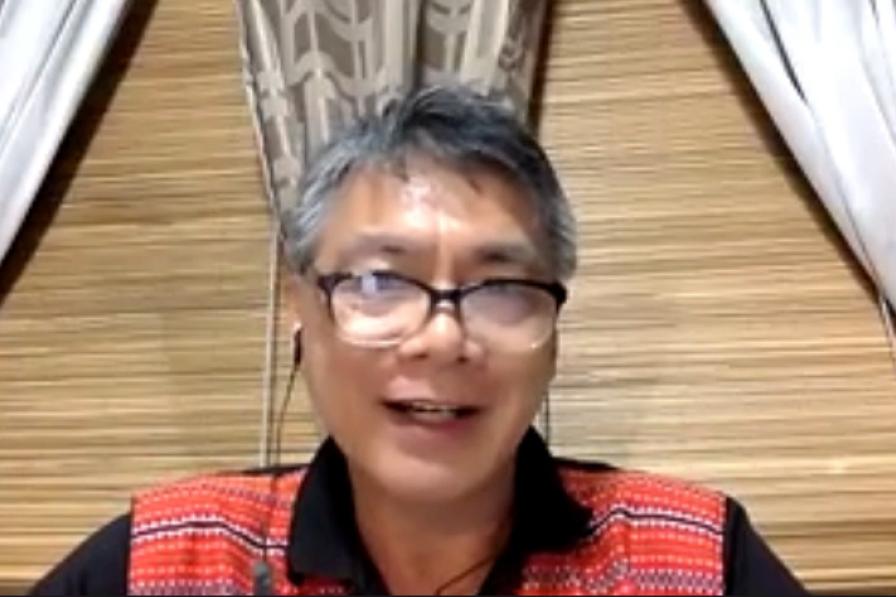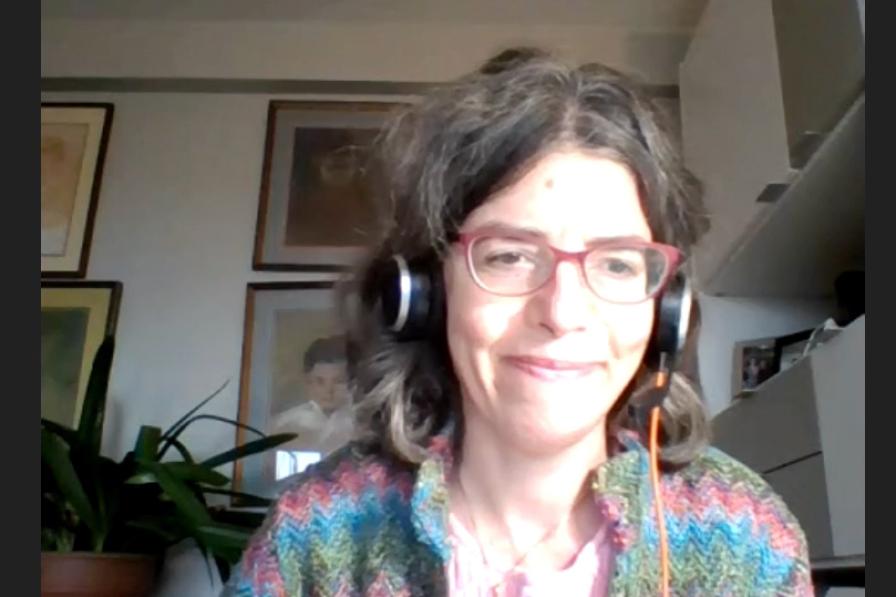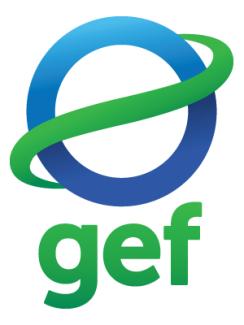On Wednesday, the 63rd Meeting of the Global Environment Facility (GEF) Council heard a presentation on the GEF Blended Finance Programme and the Policy Update for Non-Grant Instruments (NGI), which highlighted innovations to mobilize private sector involvement in GEF activities, such as a funding window to provide technical assistance to projects addressing frontier areas.
Presenting the Blended Finance Program and NGI Policy Update, Avril Benchimol, GEF Secretariat, also outlined several new financial instruments, including some aimed at de-risking private investments in Small Island Developing States and the Least Developed Countries.
Rosina Bierbaum, Chair, Scientific and Technical Advisory Panel (STAP), presented the Report of the Chairperson of the STAP, discussing STAP’s work to help streamline the GEF project cycle, noting a new, simpler Project Identification Form (PIF) template, a new set of STAP screening guidelines, and a new STAP screening template. She reviewed the reports the STAP will submit to the next GEF Assembly, noting seven recommendations:
- develop a clear risk framework;
- create an explicit and more systematic strategy for innovation;
- establish a GEF-wide strategy and implementation plan to address policy coherence across all operational levels;
- identify which co-benefits of GEF investments need to be tracked and a system to report on them;
- establish a knowledge management and learning system;
- include youth and other marginalized groups, such as Indigenous Peoples, in the design and implementation of projects; and
- prioritize the GEF’s engagement in external partnerships which can have a catalytic effect in transforming global economic systems.
Juha Uitto, Director of the GEF Independent Evaluation Office (IEO), presented the IEO’s Review of the GEF Management Action Record. He explained the aim was to: understand the principal themes for recommendations in IEO evaluations and the factors that affect the level of adoption and follow-up of IEO evaluation recommendations; and provide early feedback on management responses to the IEO’s evaluations since the transition to a revised Management Action Record process in 2021.
Uitto highlighted two recommendations from the Review:
- GEF management should ensure that the action plan included in its management response lists specific actions with timelines where appropriate; and
- the GEF should improve the Management Action Record process and reporting through a more participatory approach involving GEF Agencies, where relevant, and develop a suitable platform for tracking the implementation of action plans.
Sonja Teelucksingh, GEF Secretariat, said the Secretariat agrees with both recommendations. She reported that, applicable immediately, the Secretariat will clearly state the level of agreement with each recommendation of IEO Evaluations as follows: “The GEF Secretariat agrees / partially agrees / rejects this recommendation.” On the second recommendation, she said where recommendations are clearly directed towards GEF Agencies in particular, the Secretariat will explore ways to consult with the Agencies to incorporate their input in the preparation of the relevant management response, action plans and timelines.
William Ernest, GEF Secretariat, presented the Amendments to the Instrument for the Establishment of the Restructured GEF that were prepared by the Council’s Ad Hoc Working Group on Governance. He reported on the proposed amendments and additional adjustments by the Secretariat, its legal advisor, the Trustee and the GEF coordinators of the Implementing Agencies. Council Members agreed to recommend that the upcoming GEF Assembly amend the text of the GEF Instrument as proposed.
Council Members also heard an update about arrangements for the next GEF Assembly taking place in Vancouver, Canada in 2023, with the venue and exact dates expected to be finalized within the next few weeks.
To receive free coverage of global environmental events delivered to your inbox, subscribe to the ENB Update newsletter.

